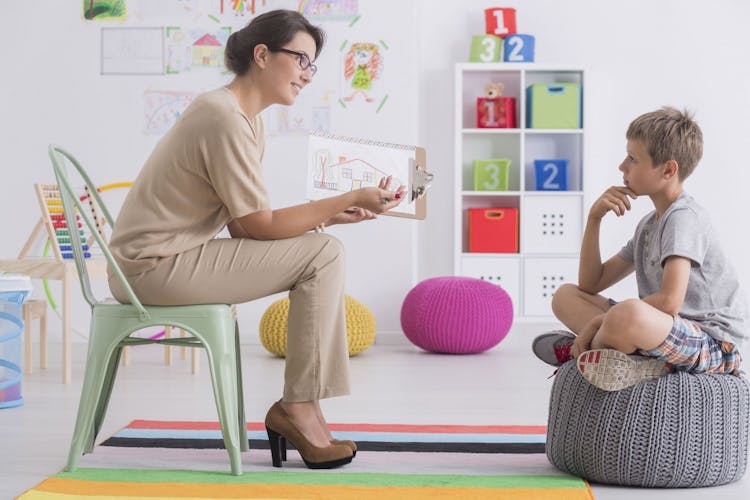Clear and effective communication is essential for children to express themselves, connect with others, and succeed in various aspects of life. However, some children may face challenges with articulation, which can impact their ability to produce sounds and pronounce words accurately. Articulation therapy, a specialized branch of pediatric therapy, can provide targeted intervention to address speech sound disorders and support children in developing clear and confident communication skills. In this blog post, we will explore the world of articulation therapy and its benefits for children.
Understanding Articulation Therapy: Articulation therapy focuses on helping children improve their ability to articulate speech sounds correctly. It targets speech sound errors, such as substituting one sound for another, omitting sounds, or distorting sounds. By working with a skilled speech-language pathologist (SLP) in a pediatric therapy setting, children can receive individualized treatment plans tailored to their specific needs.
The Benefits of Articulation Therapy:
- Correcting Speech Sound Errors: Articulation therapy aims to correct specific speech sound errors, enabling children to produce sounds accurately. This improvement enhances their overall intelligibility and reduces the likelihood of misunderstandings during communication.
- Enhancing Confidence: When kids can speak clearly and have other people understand them, their confidence and self-esteem increase. Articulation therapy provides them with the tools and strategies to overcome speech sound challenges, foster a positive sense of self, and promote active participation in social interactions.
- Improving Language Development: Articulation therapy not only focuses on individual speech sounds but also supports broader language development. By addressing speech sound errors, children can better understand and produce words, phrases, and sentences, which contributes to their overall language skills and literacy development.
- Facilitating Academic Success: Clear speech and effective communication skills are vital for success. Articulation therapy can help children articulate the sounds needed for reading, spelling, and expressing ideas coherently. By improving their communication abilities, children are better equipped to participate actively in classroom activities and succeed academically.
- Individualized Approach: Each child's articulation challenges are unique, and pediatric therapy recognizes this individuality. Articulation therapy offers personalized treatment plans tailored to the child's specific needs, targeting their specific speech sound errors and providing strategies to address them effectively.
Conclusion:
Articulation therapy is an invaluable resource for children with speech sound disorders, providing them with the opportunity to unlock clear and confident communication skills. Through individualized treatment plans and the expertise of speech-language pathologists, pediatric therapy supports children in overcoming articulation challenges, enhancing their overall language development, boosting confidence, and promoting academic success. If you notice persistent speech sound errors in your child, consider exploring articulation therapy as a means to help them communicate effectively and thrive in their personal and educational journeys.


